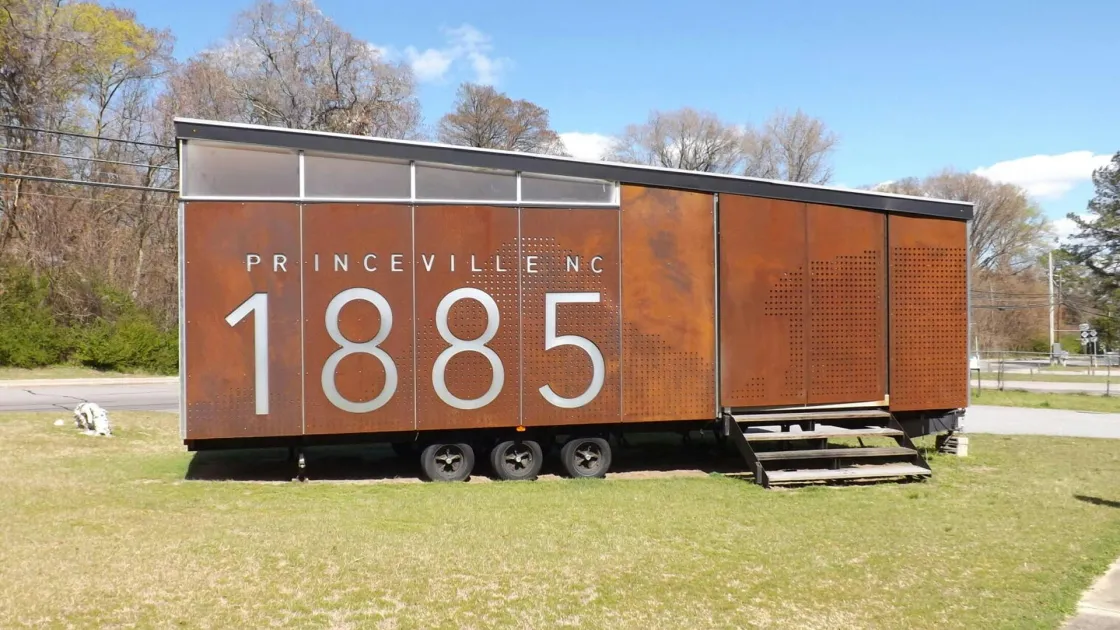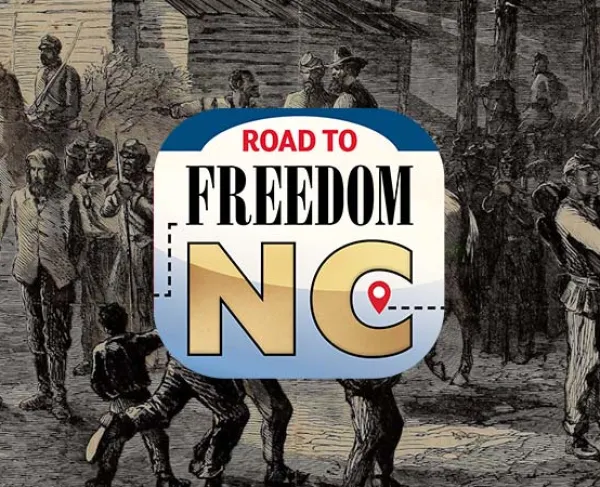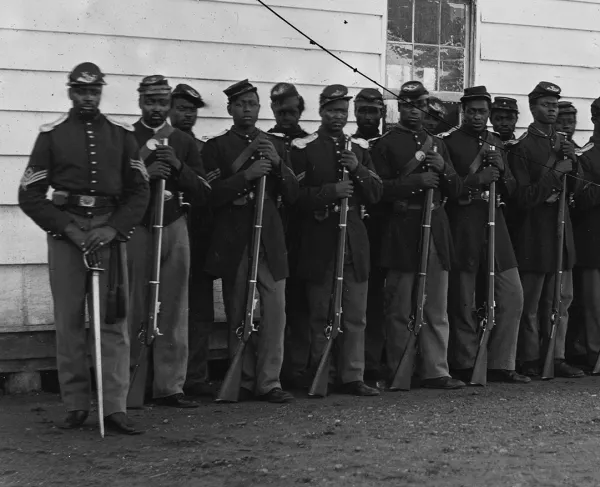Princeville
North Carolina
310 Mutual Blvd
Princeville, NC 27886
United States
This heritage site is a part of the American Battlefield Trust's Road to Freedom: North Tour Guide app, which showcases sites integral to the Black experience during the Civil War era. Download the FREE app now.

Princeville emerged here on swampy land along the Tar River in 1865, as an encampment of self-emancipated African Americans who sought freedom within Union lines. Incorporated on February 20, 1885, it stands as the oldest town chartered and governed by Black people in America.
The community originally adopted the name Freedom Hill for the slight rise from which Union soldiers announced the end of the war that secured freedom for the formerly enslaved. Initially, the white landowners tolerated the squatters, who received little assistance from the Freedman’s Bureau, as they settled in the shadow of Tarboro on this floodplain. By the 1870s, Black residents began purchasing lots. One new landowner was Turner Prince— a carpenter who’d been born enslaved in 1843 — who helped construct homes as the community put down roots. Upon incorporation, Prince became one of the commissioners of the town now named in his honor.
Prior to incorporation, the community opened the Graded School, assembled for worship, and worked mostly non-farm jobs serving the needs of their neighbors and those across the river in Tarboro. With the vote secured for Black men in the state’s 1868 constitution, the community gained a political foothold in the Republican dominated, majority Black Second Congressional District and elected Black leaders to state office. But after the state’s 1875 constitution prevented most Blacks and Republicans from holding county office, incorporation allowed town officials elected by Princeville’s citizens to determine and protect their community’s interests.
In the decades since 1885, Princeville withstood repeated threats to its political independence and devastating floods of the Tar River — a history told by its resilient residents and in its museum.




